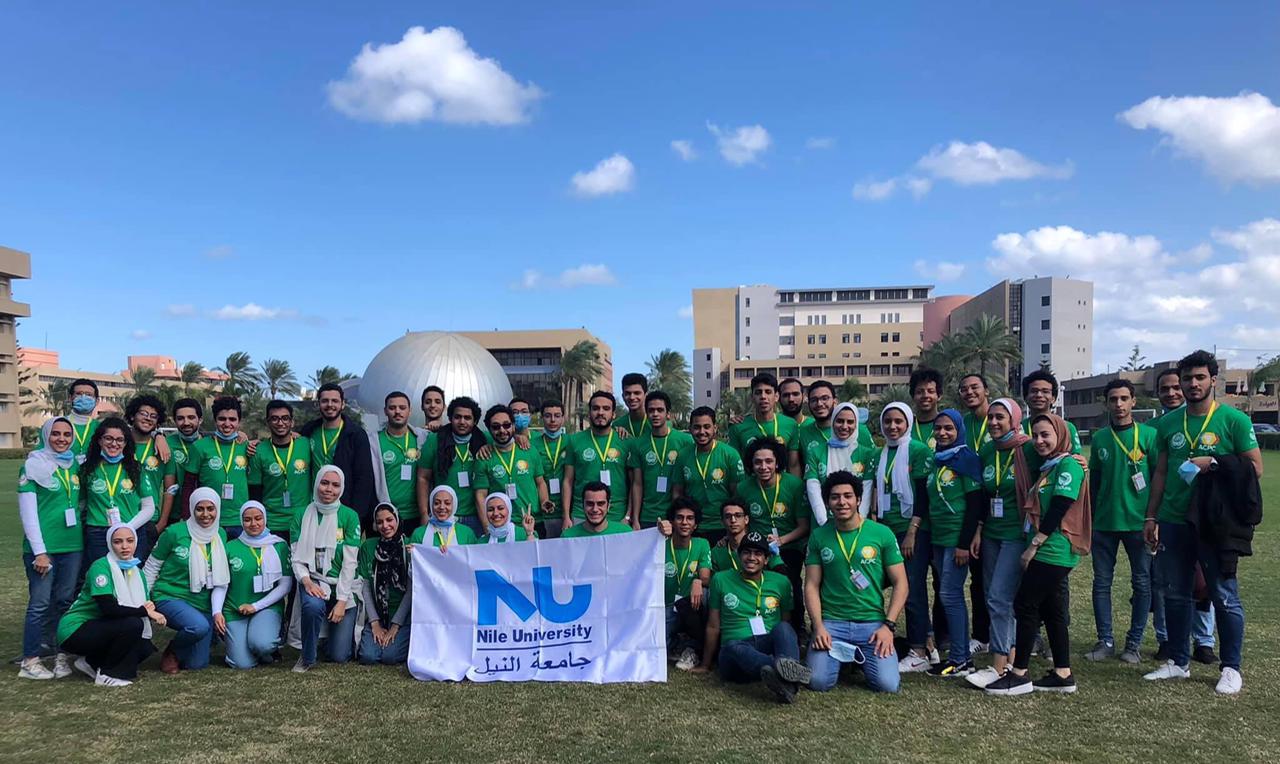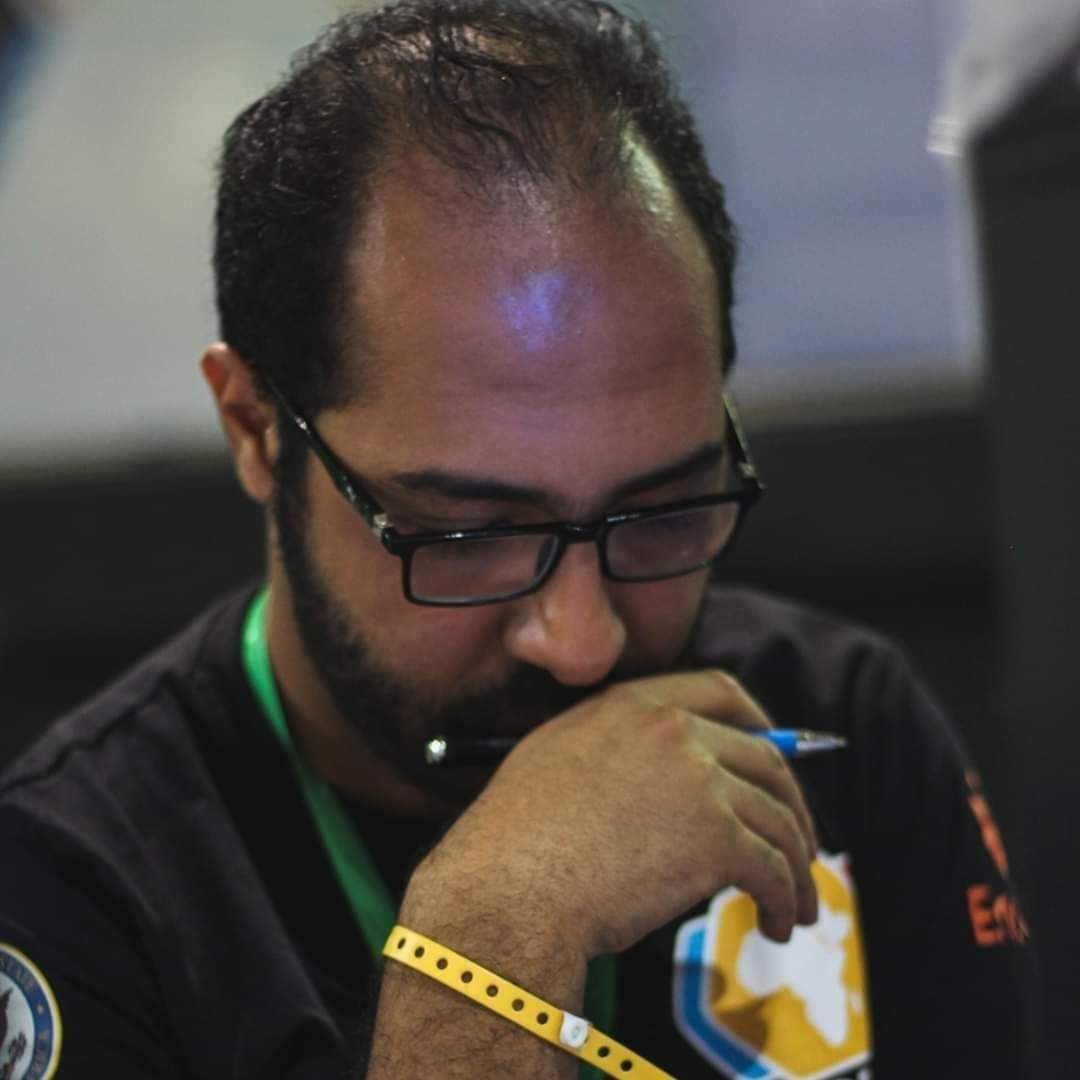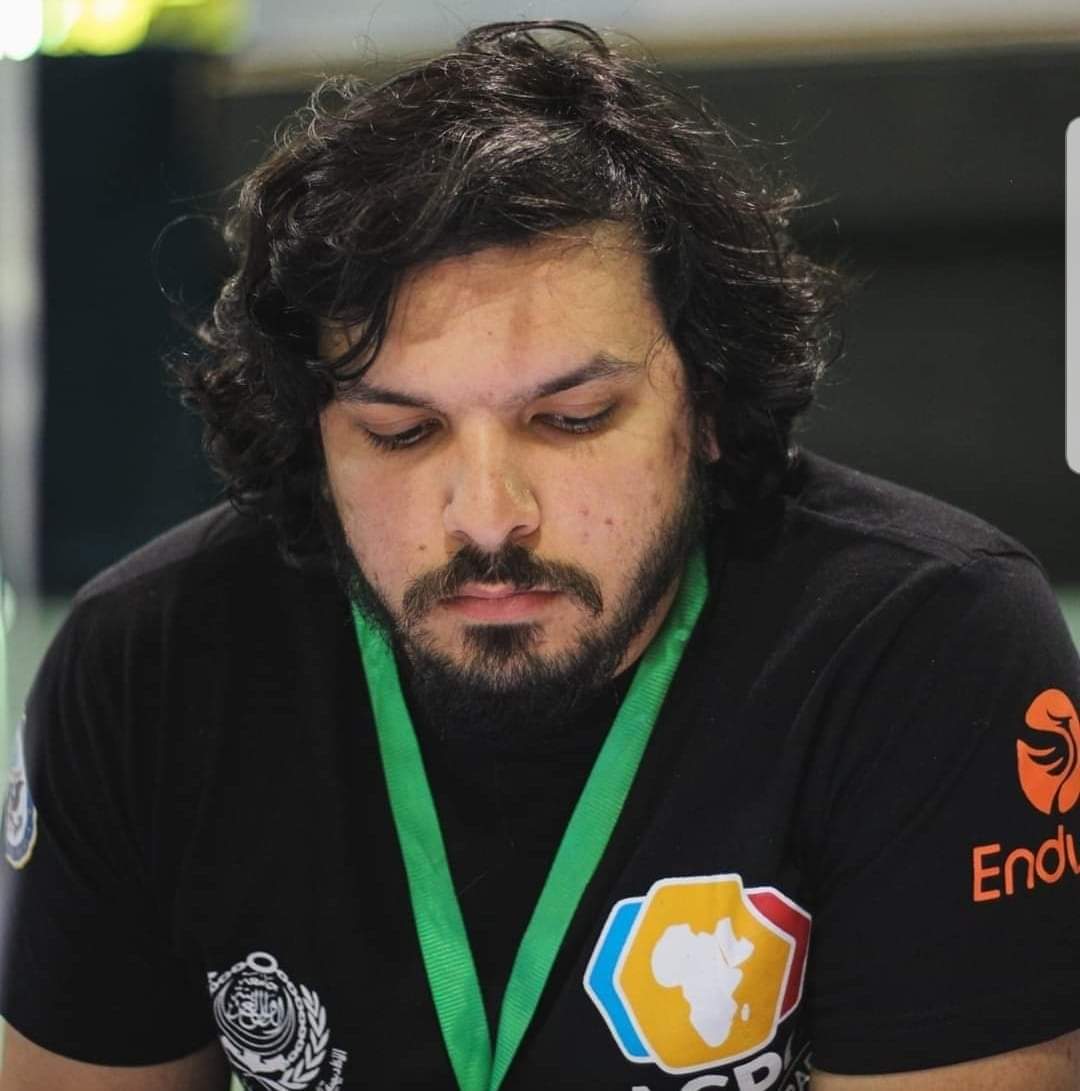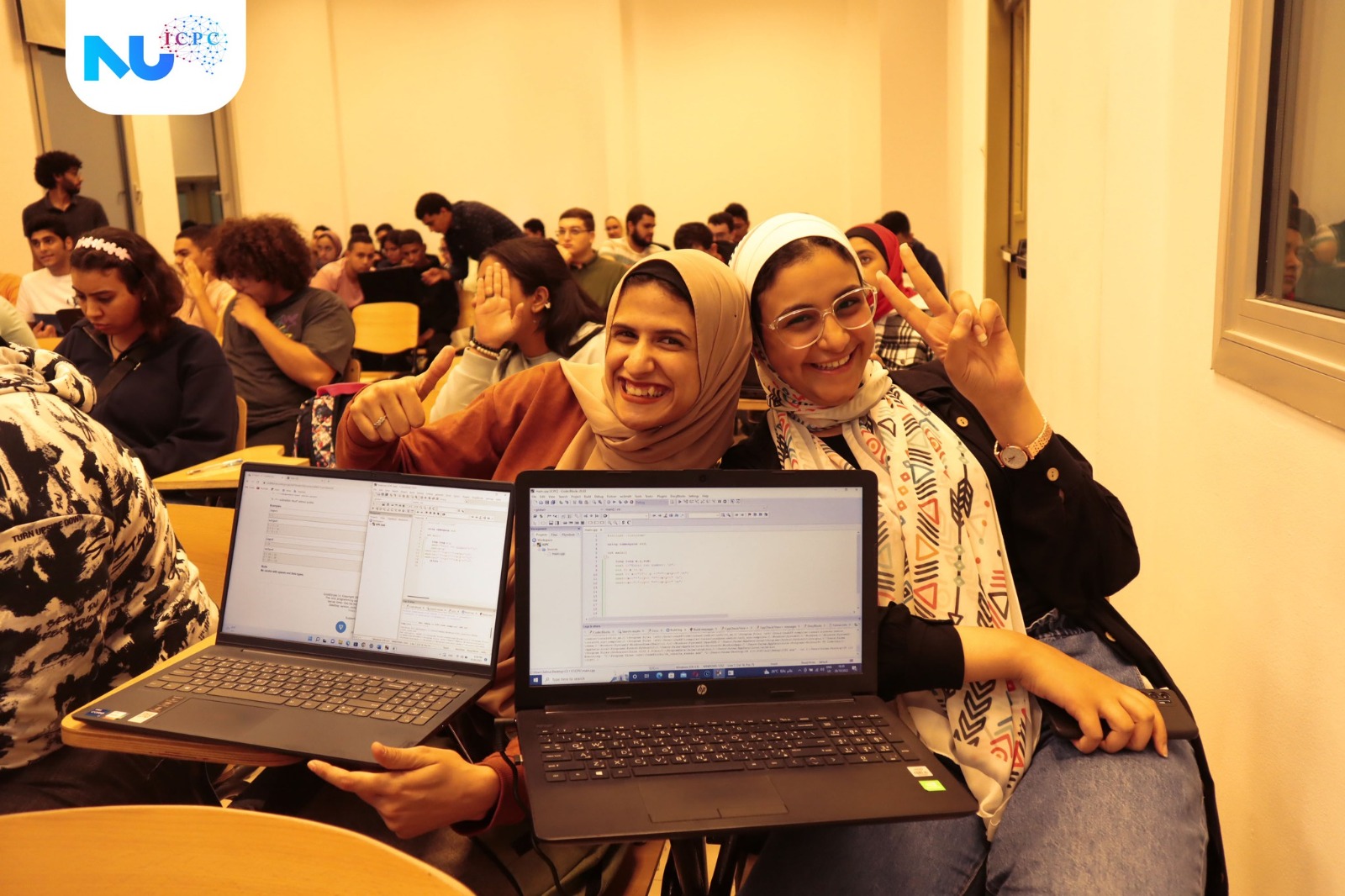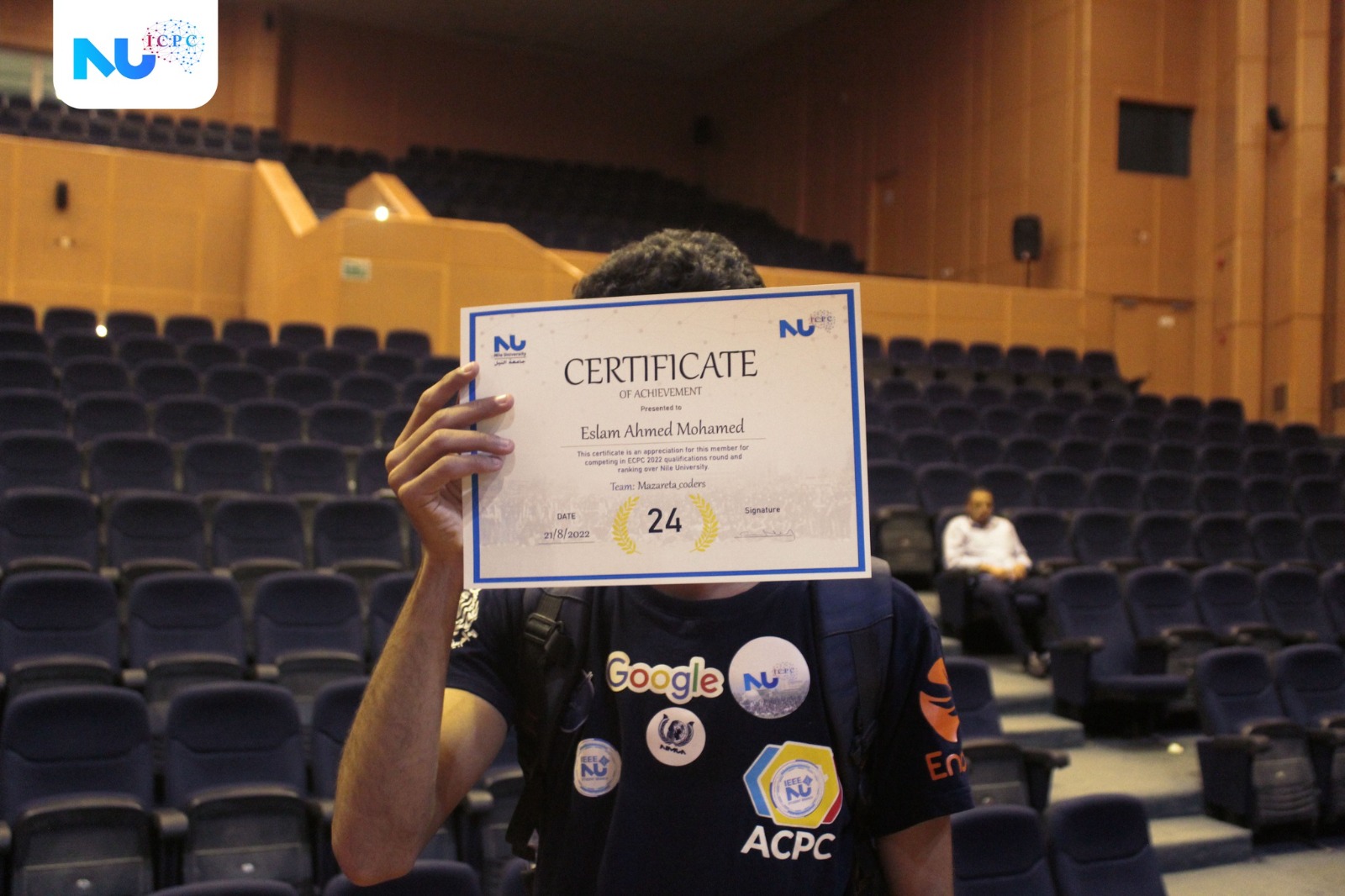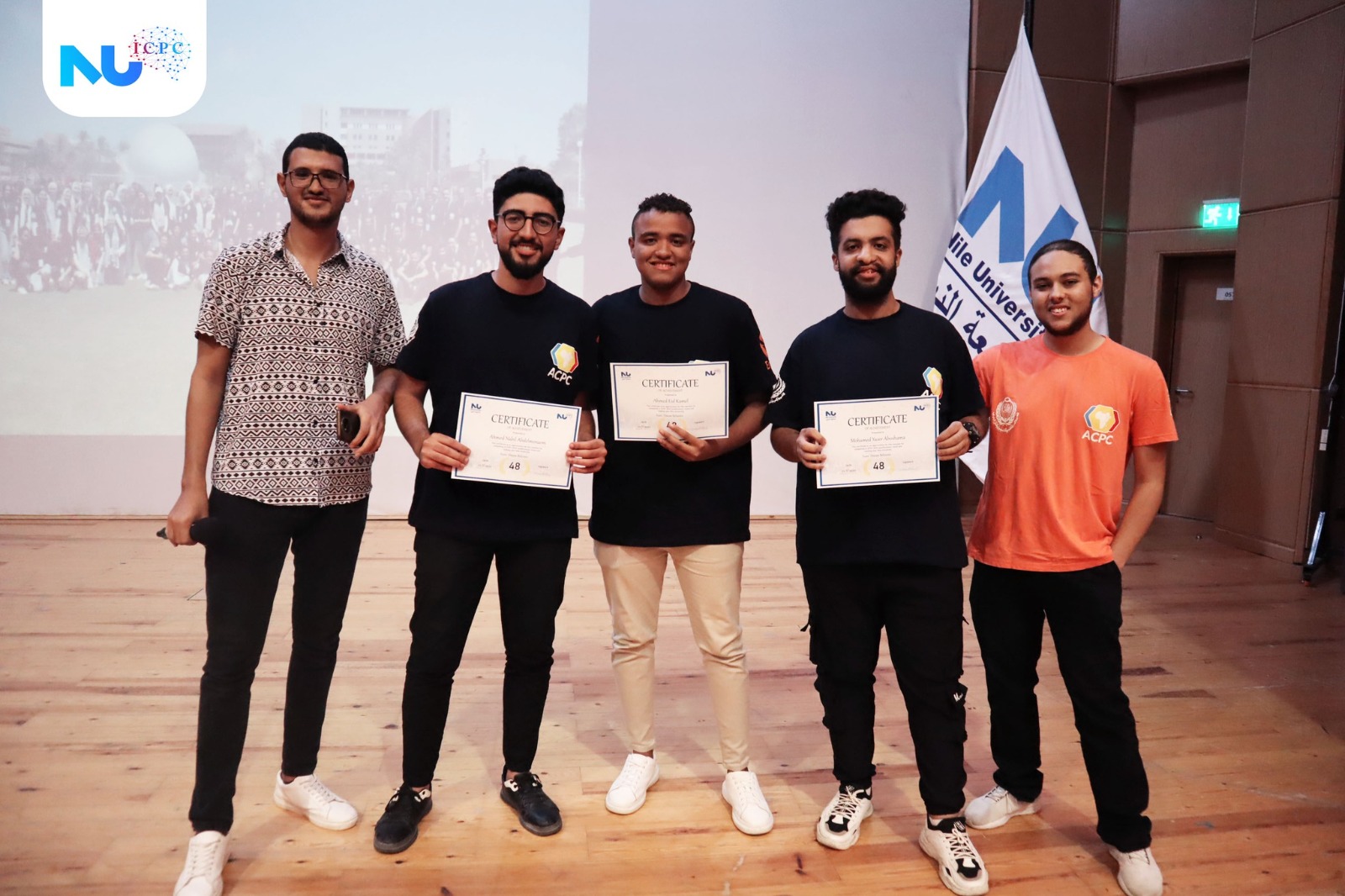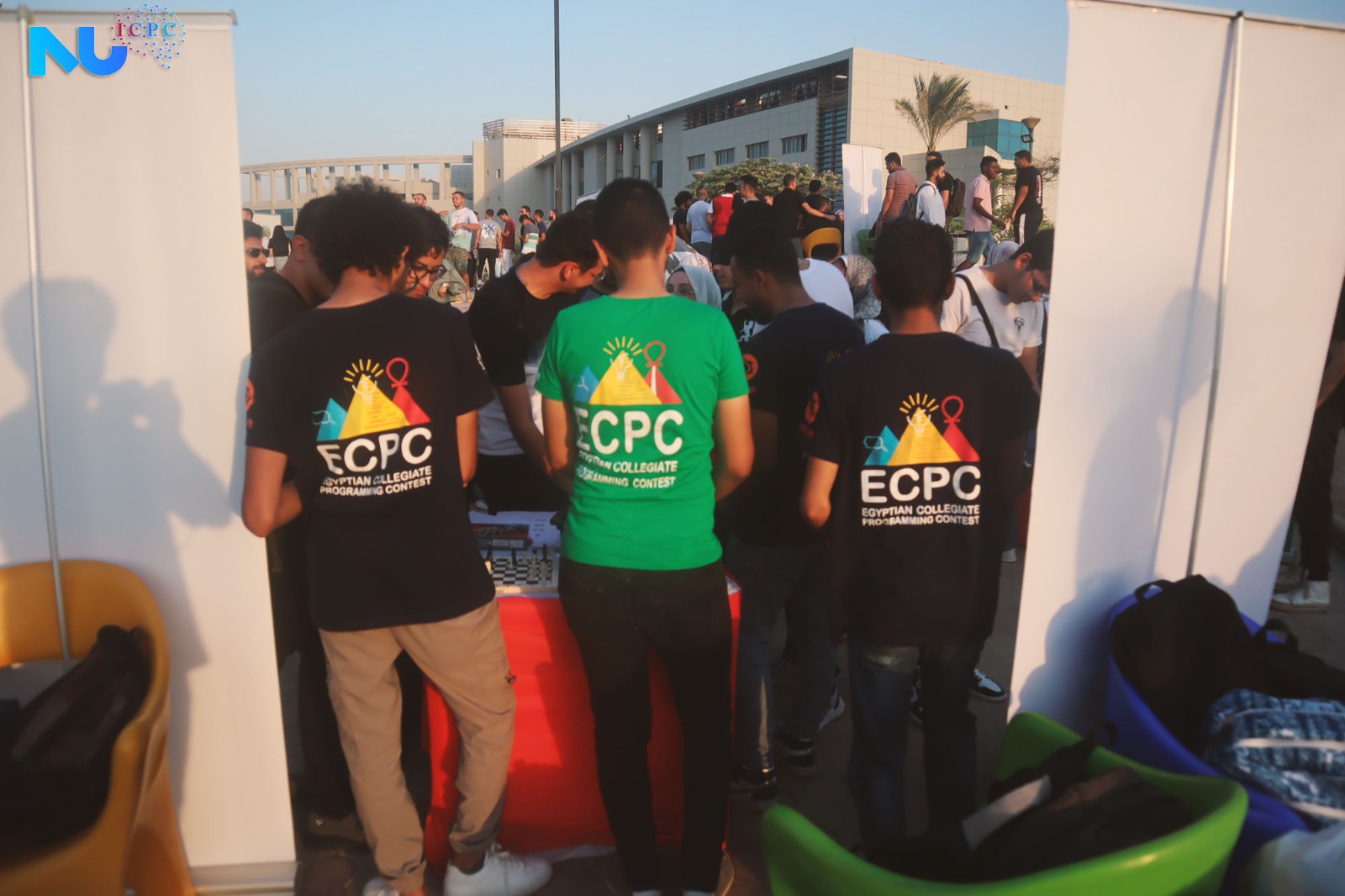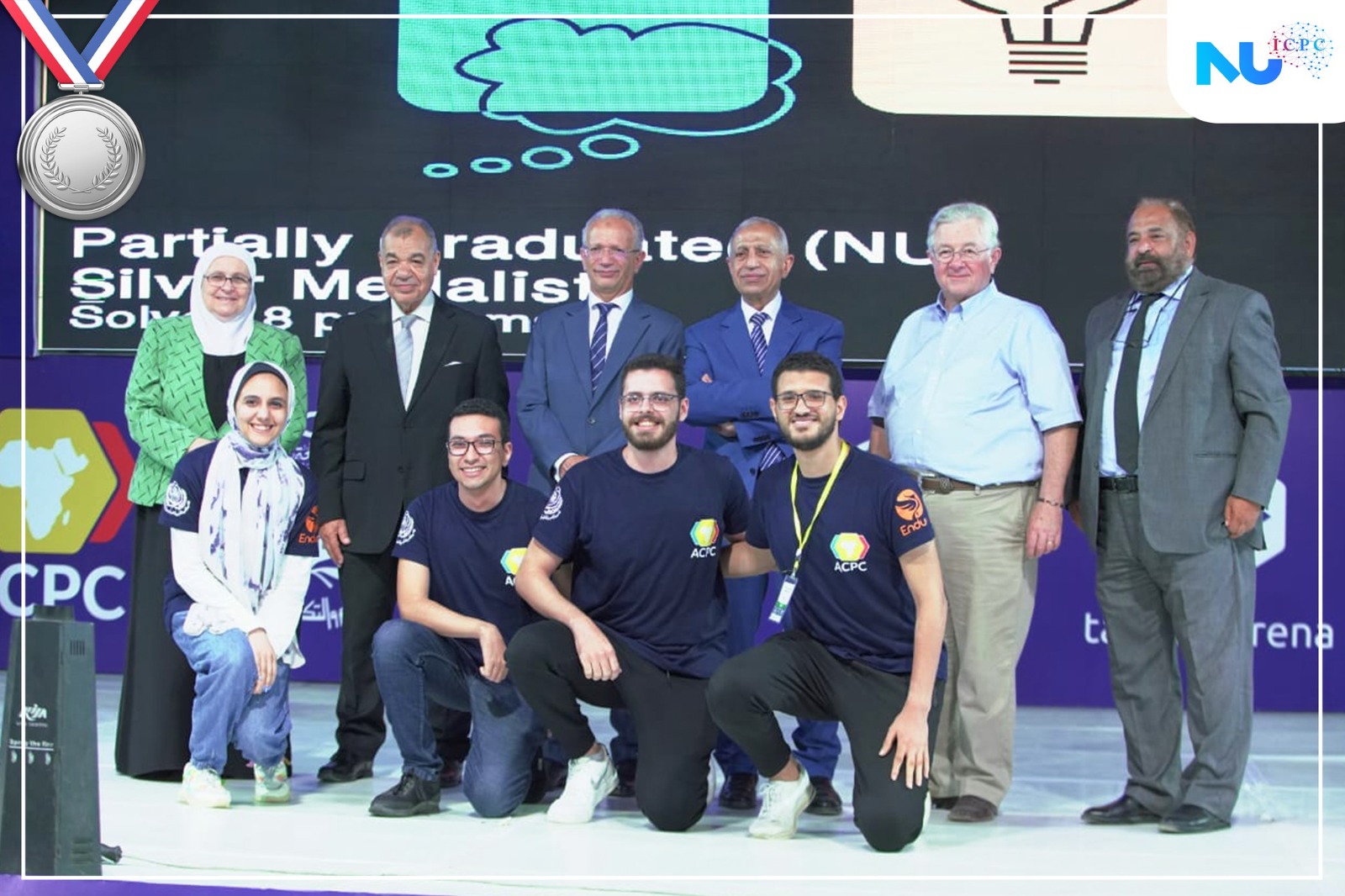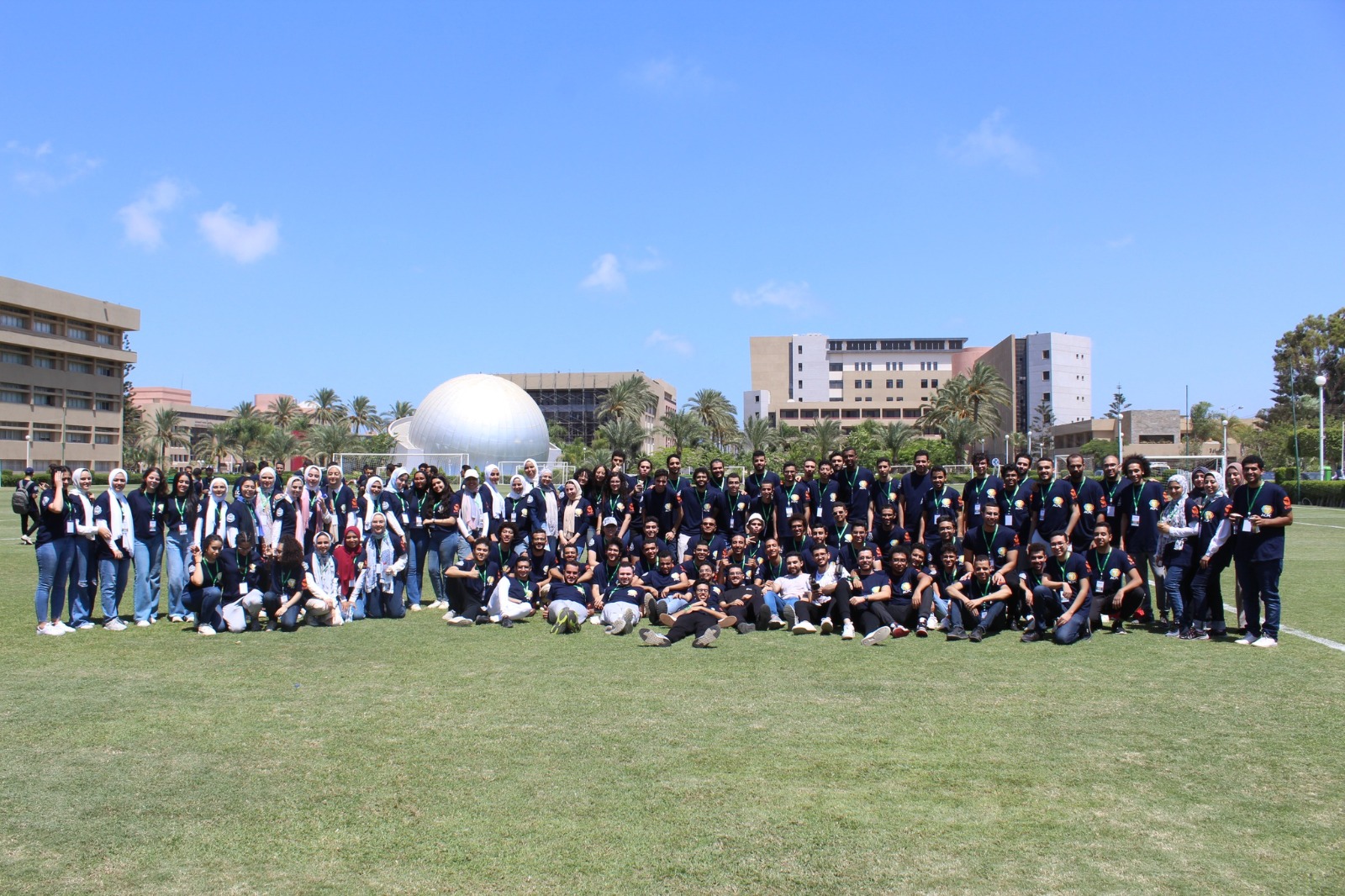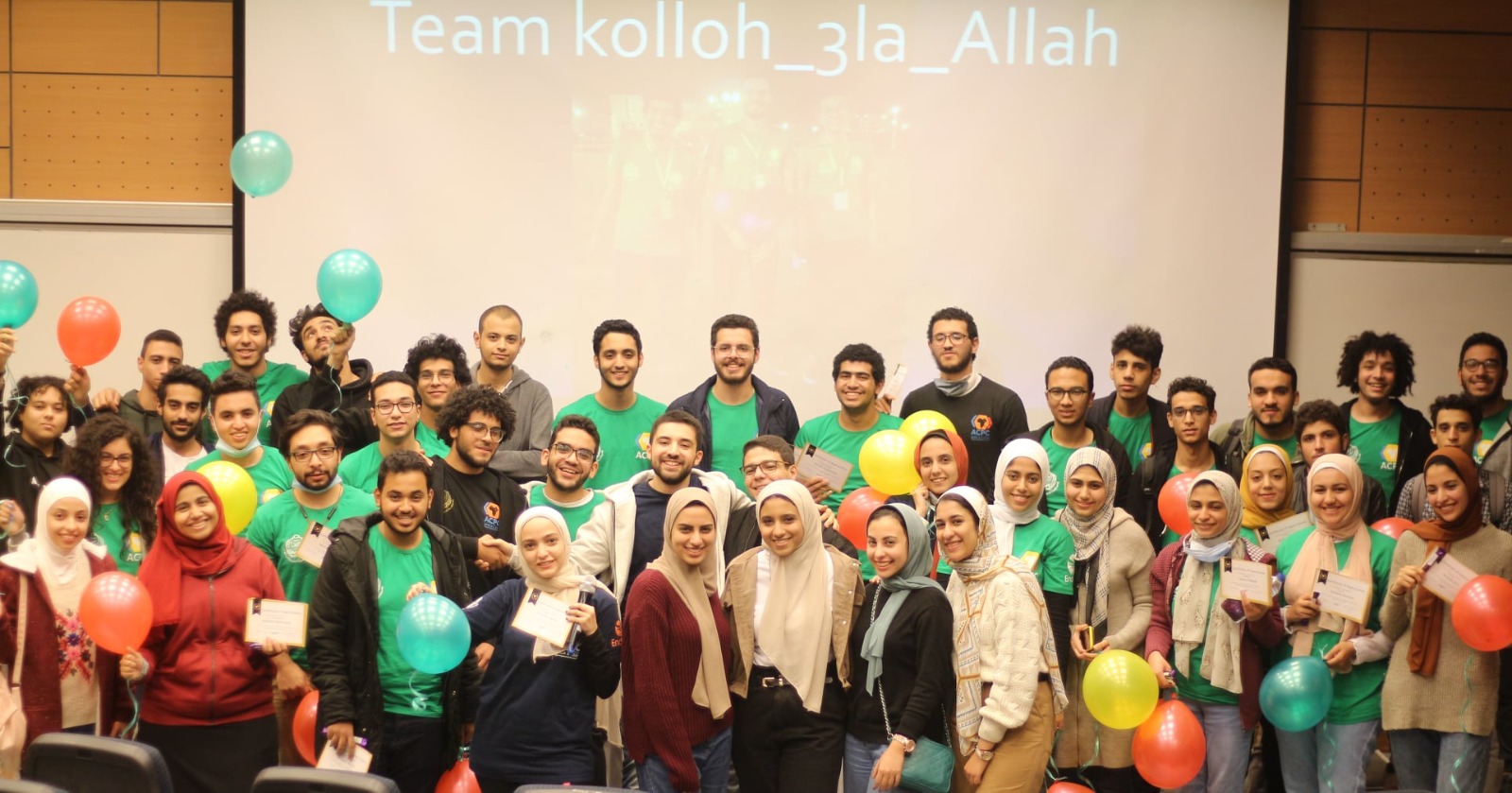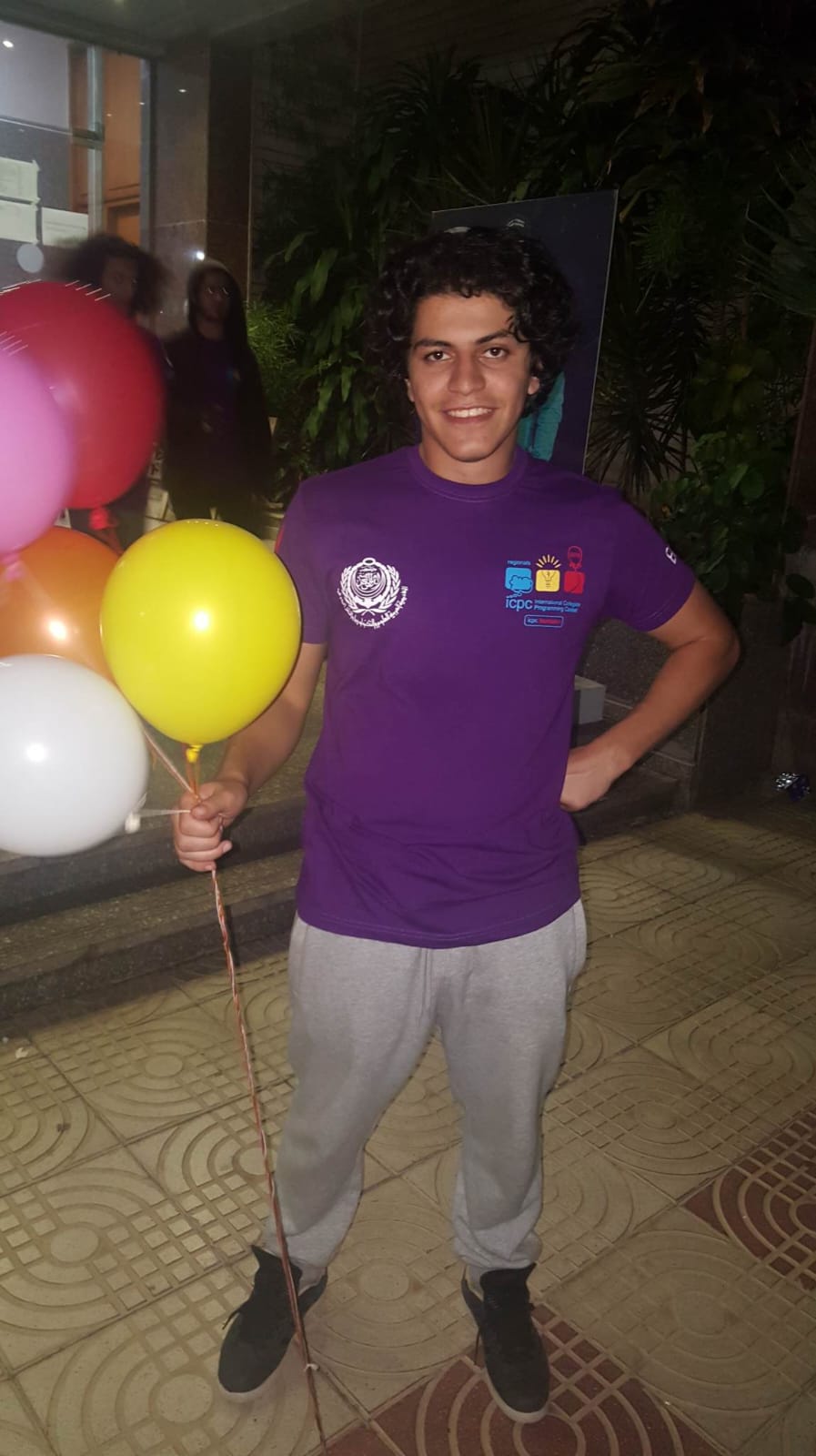International Collegiate Programming Contest (ICPC)
The club’s objective is to foster a vibrant community that nurtures a harmonious balance between diligence and enjoyment. The International Collegiate Programming Contest (ICPC)’s primary focus lies in cultivating and nurturing proficient teams capable of regional and international competition, thereby showcasing the exceptional talent and capabilities of Nile University's students. Through its endeavors, it aims to elevate the reputation and prominence of Nile University on a global scale.
Ahmed Samir, Ahmed Yamout, and Mohamed Ayman, the visionary founders of the ICPC Club at Nile University, embarked on a mission to create a vibrant problem-solving community for the students. Their aim was to equip Nile University students with the necessary skills and knowledge to compete in the esteemed International Collegiate Programming Contest (ICPC) on national, regional, and global platforms. Mohamed Ayman, who served as an engineering representative in the Nile University Student Union, recognized the need to support students in the fields of Computer Engineering (CE) and Information Technology and Computer Science (ITCS).
They sought innovative approaches to enhance students' academic journey and foster their skill development. Motivated by the desire to assist their peers and inspired by the success stories of individuals who participated in the ICPC and secured positions in renowned companies like Google and Microsoft, the founders embarked on a collaborative endeavor. Although they lacked experienced coaches, they were determined to create a platform for learning and knowledge-sharing.
Ahmed Samir, Ahmed Yamout, and Mohamed Ayman began their journey by immersing themselves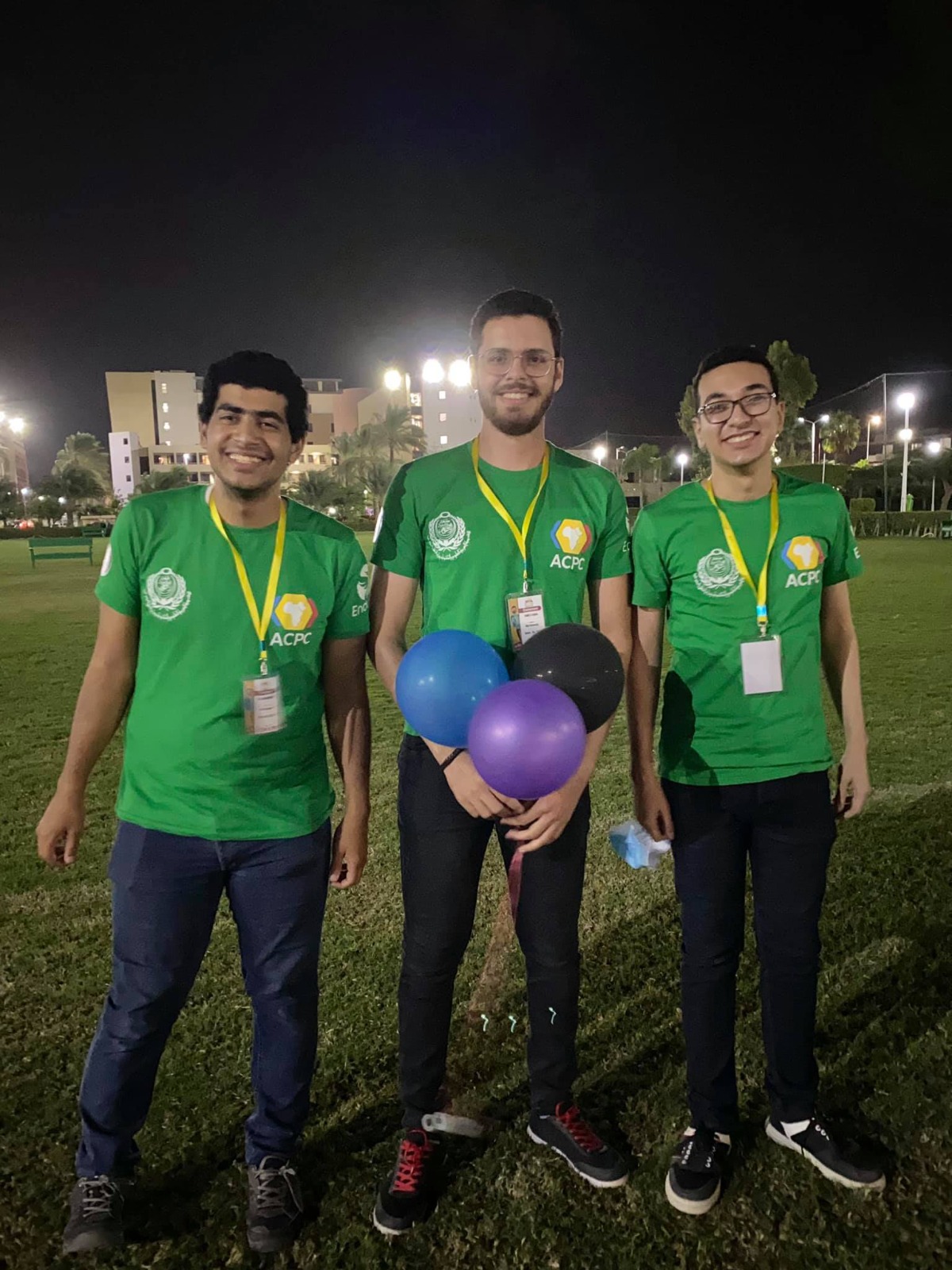 in learning, acquiring relevant expertise, and disseminating knowledge among their fellow students. They fostered connections with other universities, such as the German University in Cairo (GUC), to collaborate and participate in sessions that would allow them to gain valuable experience throughout the year. Through their dedication and tireless efforts, the founders of the ICPC Club at Nile University established a strong foundation for students to excel in programming and problem-solving.
in learning, acquiring relevant expertise, and disseminating knowledge among their fellow students. They fostered connections with other universities, such as the German University in Cairo (GUC), to collaborate and participate in sessions that would allow them to gain valuable experience throughout the year. Through their dedication and tireless efforts, the founders of the ICPC Club at Nile University established a strong foundation for students to excel in programming and problem-solving.
By sharing their knowledge and experiences, they empowered their peers to enhance their skills and compete on a global stage. The ICPC Club's inception not only cultivated a supportive learning environment at Nile University but also contributed to the prestige of the worldwide ICPC competition. The founders' commitment to nurturing talent and facilitating knowledge transfer has undoubtedly propelled Nile University students towards achieving remarkable accomplishments in the field of programming.
Ahmed Samir, Ahmed Yamout, and Mohamed Ayman's unwavering determination and collaborative spirit have paved the way for Nile University students to thrive in the realm of programming, preparing them to face challenges at national, regional, and international levels. Their vision and relentless pursuit of excellence have solidified the ICPC Club as an invaluable asset within the Nile University community, fostering a culture of continuous learning and problem-solving prowess.
In the ICPC programming contest, each team is presented with a set of 10-15 real-world problems to solve within a time limit of 5 hours. The main objective for each team is to maximize their problem-solving efficiency by solving as many problems as possible within the given time frame. The contest encompasses a wide range of problem categories, including DSA foundations, basic DSA, basic algorithms, math for programming, intermediate algorithms, intermediate data structures, slightly advanced algorithms, graph DSA, and advanced DSA.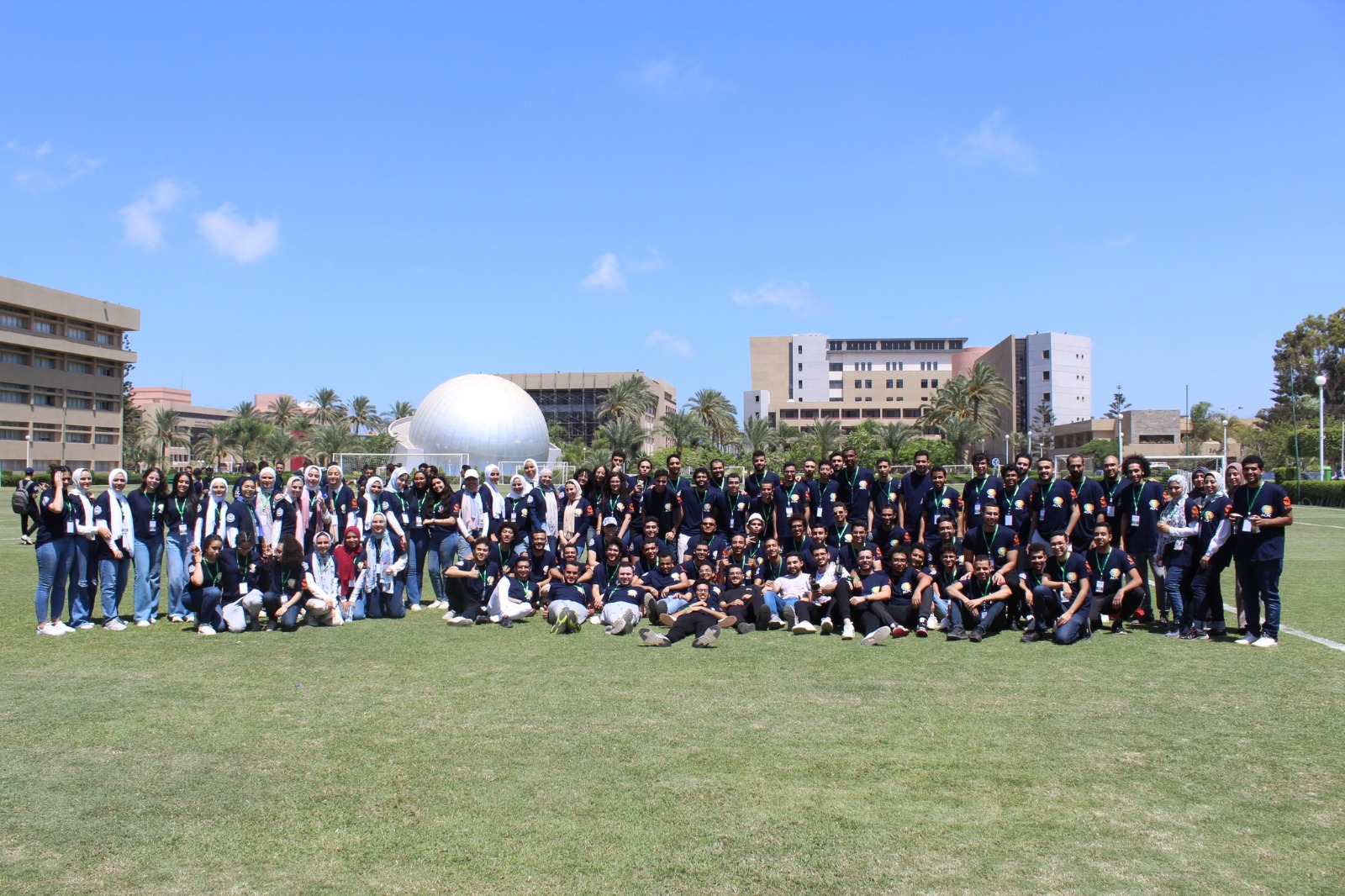
These categories cover various topics such as time complexity analysis, recursion, arrays, searching and sorting, string manipulation, trees, dynamic programming, and more. Participants are required to demonstrate their knowledge and skills in competitive programming topics, paving the way for the application of advanced algorithms and data structures in problem-solving scenarios.

